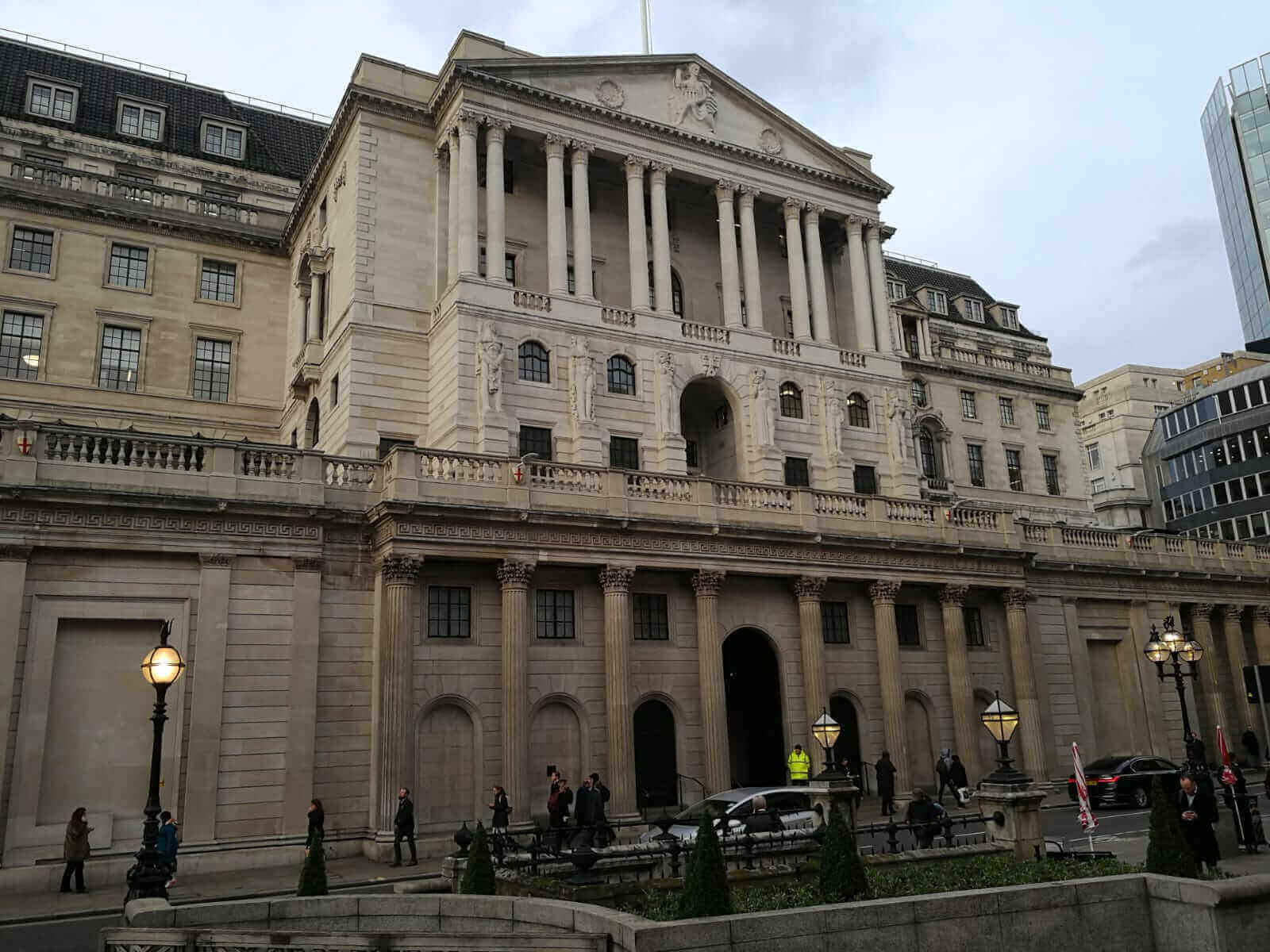According to data released by the British government, economic growth reached its slowest pace since June 2012.
The data shows that the British Economy expanded by 0.6 percent (year-to-year) in November after the economy grew by 1.0 percent in October.
It also shows how the pre-election uncertainty affected the performance of Britain's economy and raises doubts about the performance of the economy in the upcoming months, given that the Brexit uncertainty has been fading recently, especially after the recent overwhelming Tory victory.
“It is too early to say for sure if economic momentum will pick up in the new year now the political situation is clearer, but our latest survey of the financial services sector with the CBI does suggest some boost to optimism since the election,” said the chief economist for accountants PwC.
 All eyes are now on the Bank of England, which is expected to meet at the end of January. The probability of seeing the bank cutting the cash rates are now higher.
All eyes are now on the Bank of England, which is expected to meet at the end of January. The probability of seeing the bank cutting the cash rates are now higher.
"Currently UK GDP growth is below trend and CPI inflation is below the Bank’s inflation target. Any sign that talks between the UK and EU on their future arrangements are not smooth would increase downside risks to the UK economy," said analysts at Rabobank, making a reference to the higher chances of a cash rate hike on January 30.
Yesterday, a Bank of England policymaker said that he was considering voting for a cash rate cut depending on how the economy performed after the general elections.
"With the relatively limited space to cut Bank rate, if evidence builds that the weakness in activity could persist, risk management considerations would favour a relatively prompt response," said the Bank of England's Gertjan Vlieghe.
On its last meeting, the Bank decided to keep the cash rates on hold at 0.75 percent, with two members voting for a rate cut.
By 12:09 GMT the British Pound went down against the US dollar by 0.69 percent, hitting the 1.2968 level.
